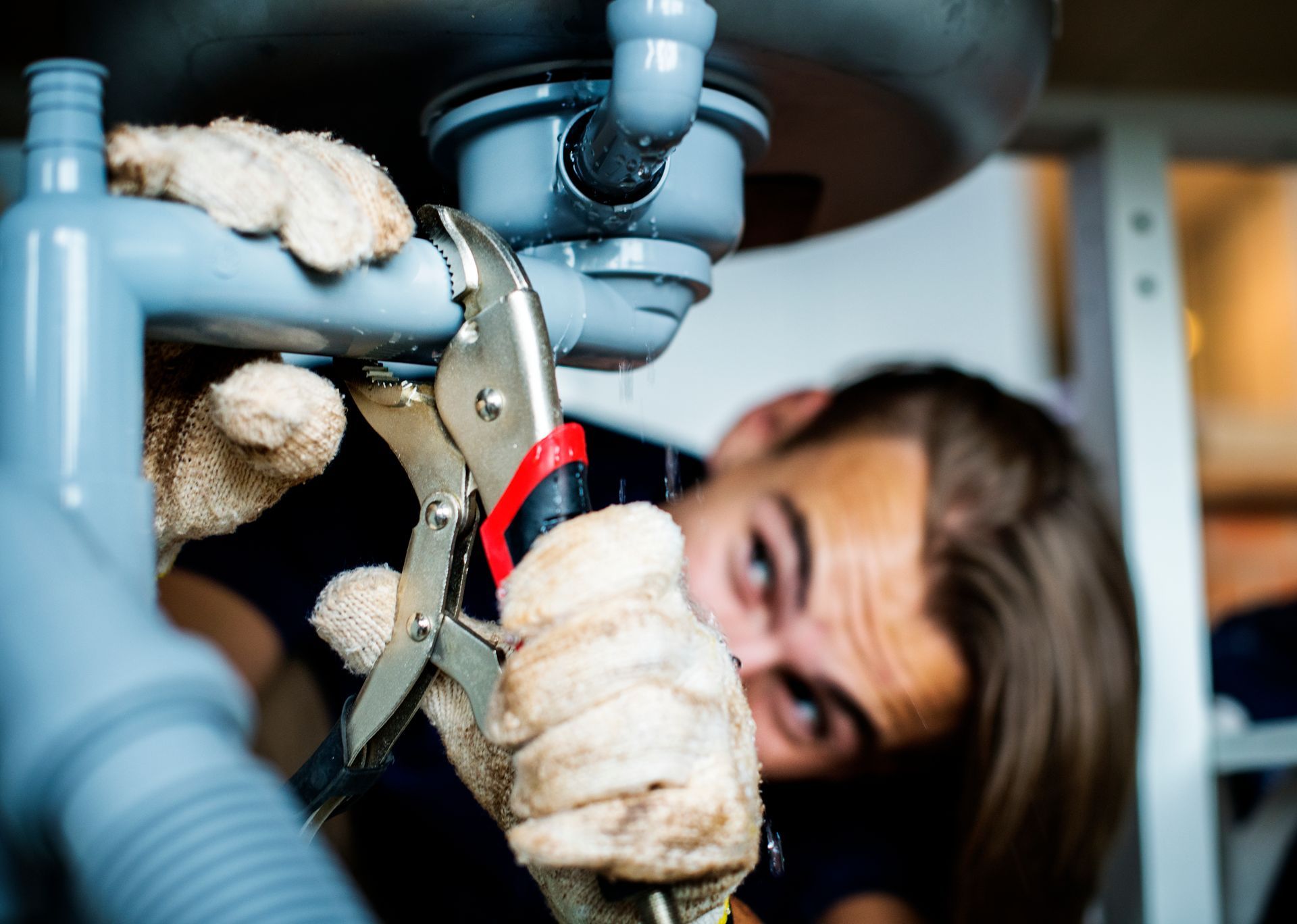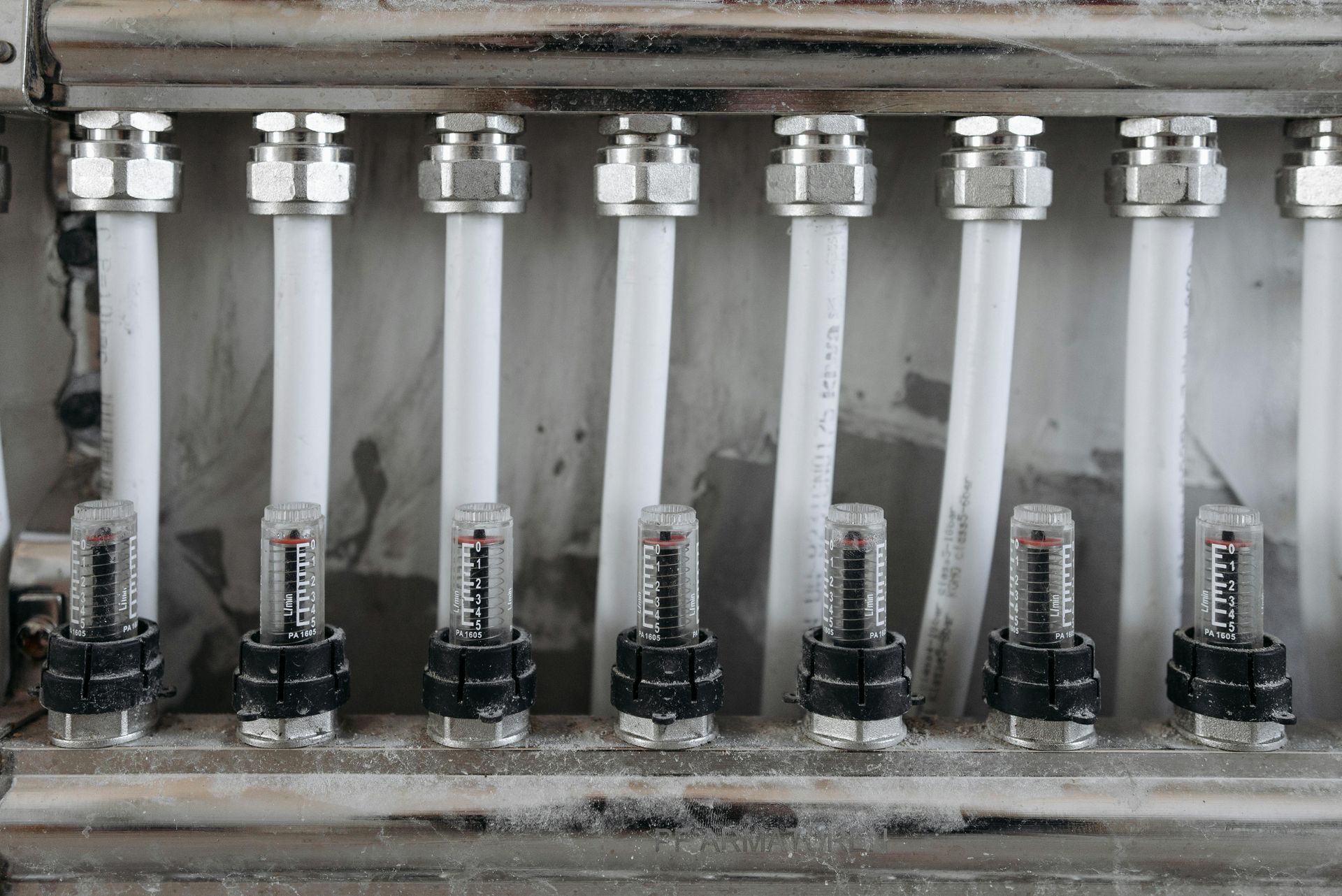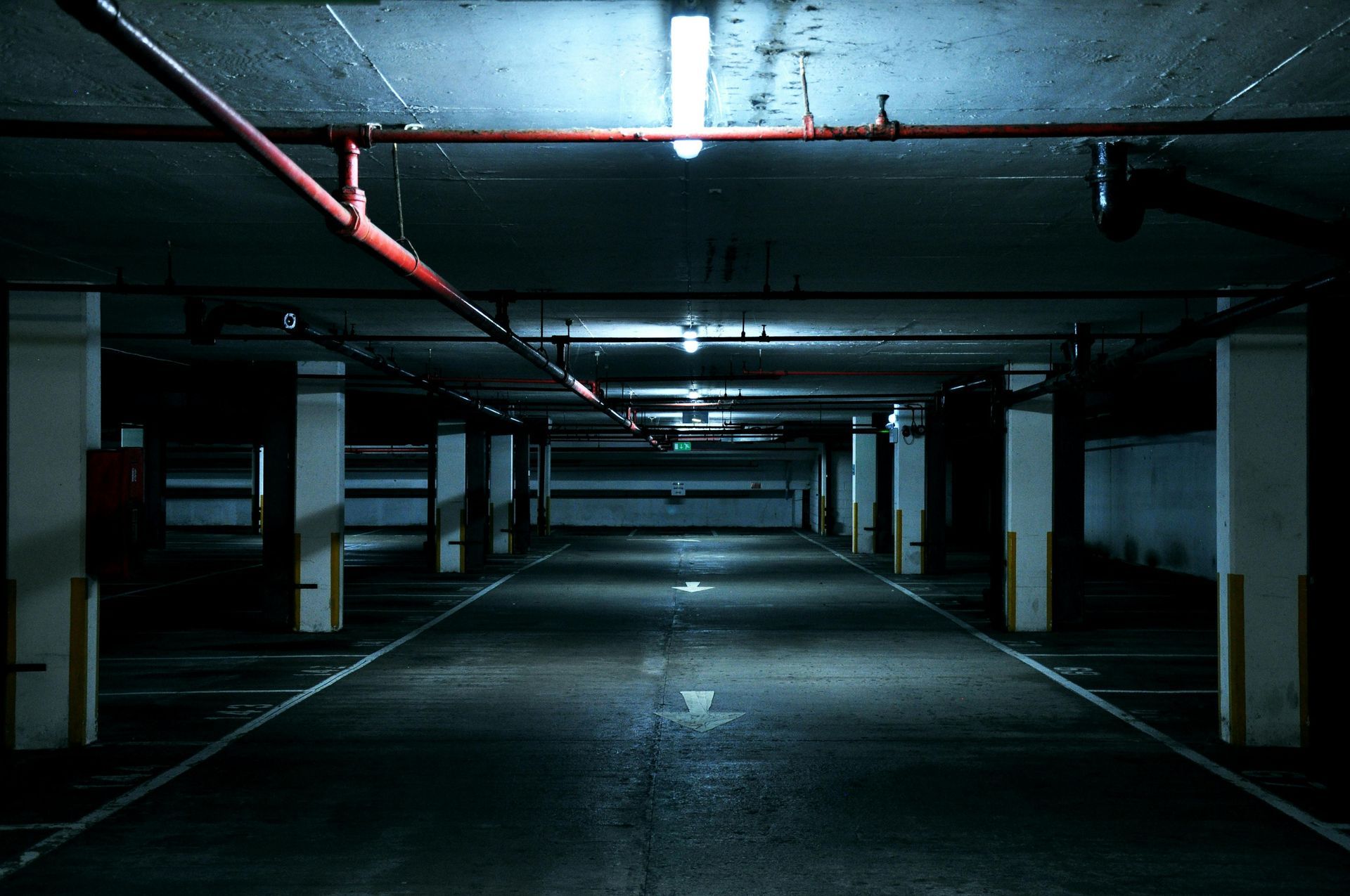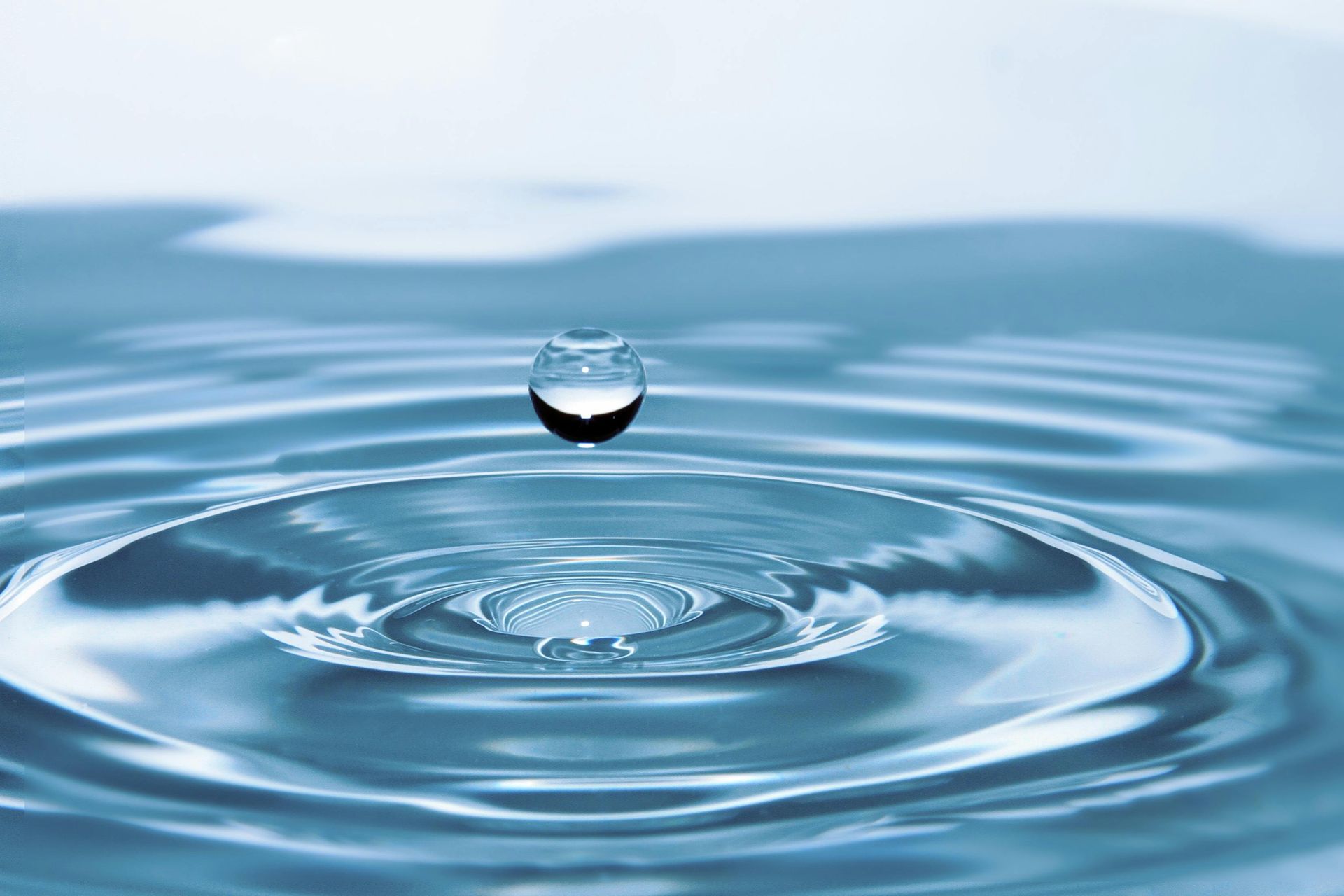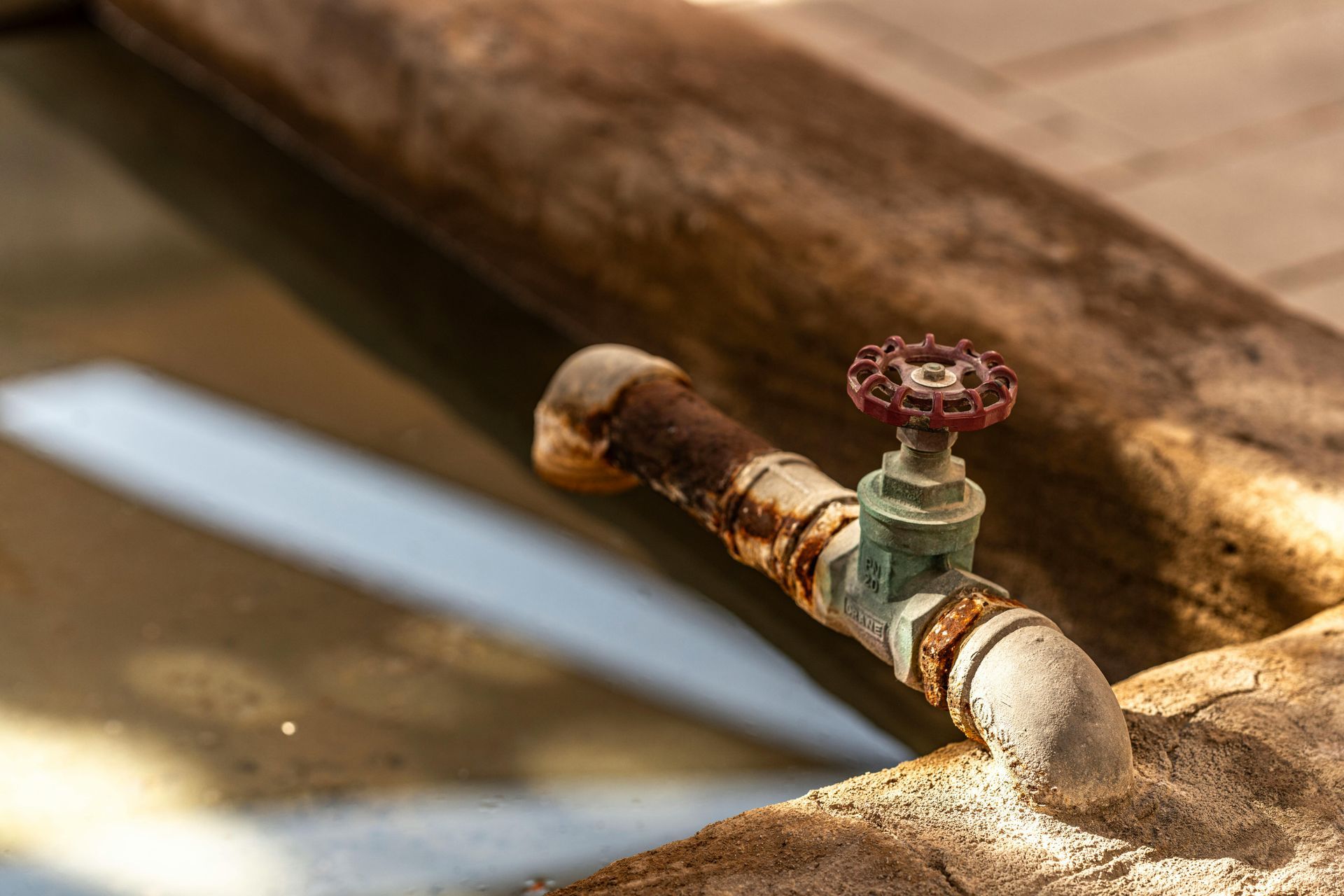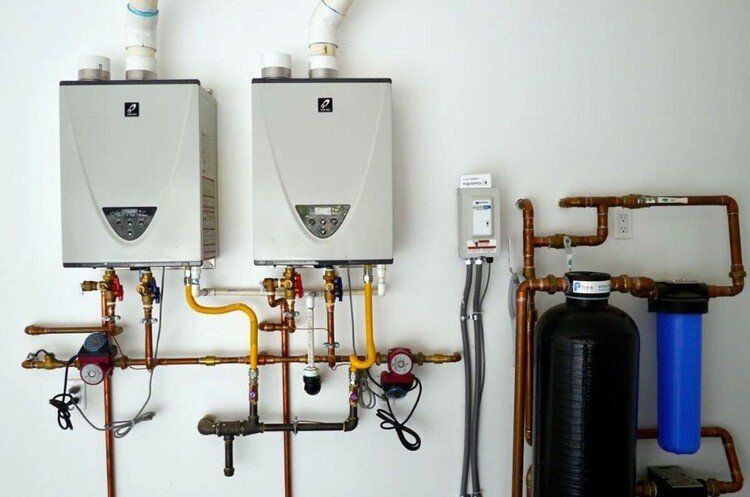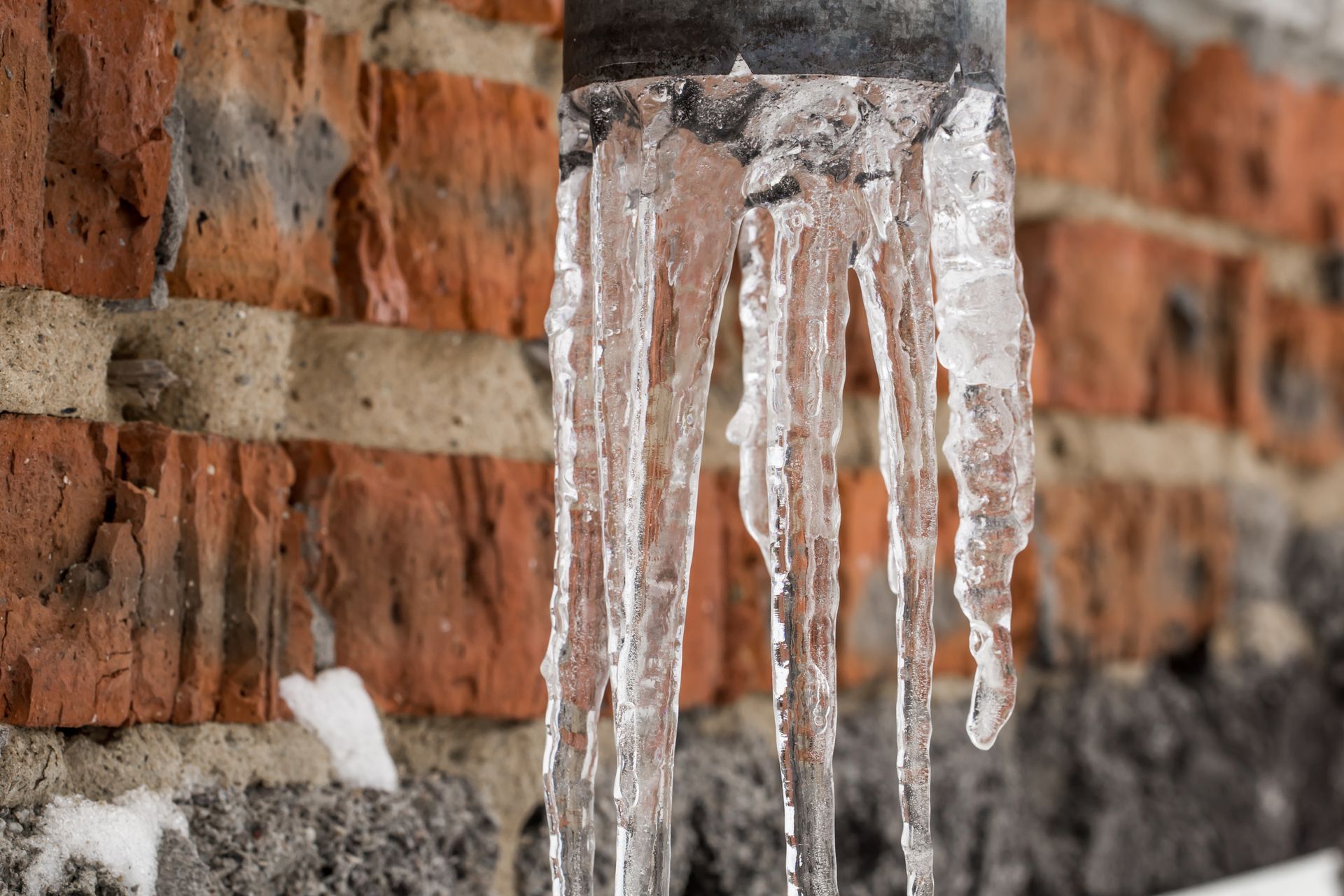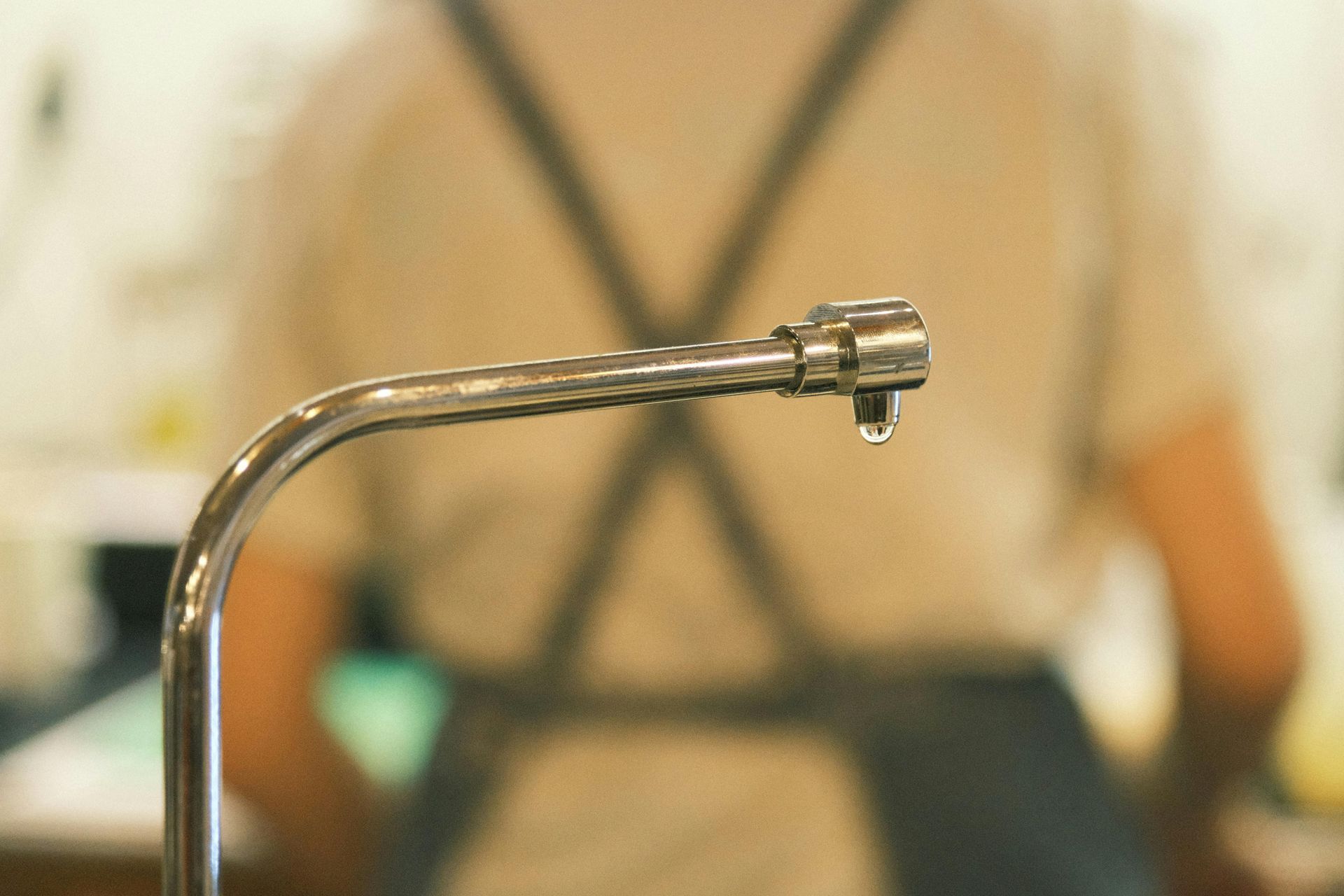Effectively Troubleshooting Common Hot Water Problems
Hot water is essential to modern living, providing comfort and convenience for bathing, cooking, and cleaning. However, water heaters, whether electric or gas-powered, can develop various problems that disrupt this vital service. Troubleshooting these common hot water issues effectively not only saves time and money but also ensures the longevity and efficient operation of your water heater. This article delves into the most frequent hot water problems, diagnoses their causes, and offers practical solutions, highlighting the role of professional services like All City Plumbers. Additionally, the article covers the benefits and drawbacks of solar powered water heaters as an energy-efficient alternative.
No Hot Water or Insufficient Hot Water
One of the most frustrating problems with water heaters is when they fail to supply hot water or the hot water runs out too quickly. This problem can stem from several causes depending on the type of water heater.
For electric water heaters, a common cause is a tripped circuit breaker or a blown fuse, which cuts power to the heating elements. Checking the electrical connections and resetting the breaker or replacing fuses often restores hot water. Faulty heating elements or thermostats can also cause a lack of hot water, which usually requires professional inspection and replacement.
Gas water heaters may fail to produce hot water if the pilot light is out or the thermocouple (a safety device) malfunctions. If the pilot light keeps going out, cleaning or replacing the thermocouple or the gas control valve may be needed. Additionally, blockages in the burner orifice or inadequate gas pressure can prevent proper heating. When heating issues persist despite basic troubleshooting, contacting skilled plumbers such as All City Plumbers is advisable to ensure safety and correct repairs.
If the hot water runs out quickly, sediment buildup at the bottom of the tank might be responsible. Sediment acts as an insulating layer, reducing heating efficiency. Flushing the tank periodically to remove sediment is essential maintenance. Inadequate water heater size relative to the household's needs can also cause insufficient hot water availability. Upgrading to a larger or tankless water heater might be the solution.
Water Too Hot or Temperature Fluctuations
Water that is too hot can pose safety risks such as scalding and can damage plumbing fixtures. A common cause of overheating is a thermostat set too high or a malfunctioning thermostat that fails to regulate water temperature correctly. Lowering the temperature setting to around 120°F (49°C) often resolves this issue. If the problem persists, the thermostat or heating elements may need replacement.
Temperature fluctuations, where water temperature varies unexpectedly, can indicate failing thermostats, damaged heating elements, or electrical issues in electric heaters. For gas heaters, irregular pilot flame or burning problems might cause inconsistent heating. These problems require professional diagnostics and repairs to avoid damage or inefficiency.
Noisy Water Heater and Strange Odors
Unusual noises like popping or rumbling often result from sediment buildup inside the tank. As water heats, trapped sediment can cause sounds due to steam bubbles forming beneath the deposits. Flushing the tank regularly reduces sediment accumulation and quiets the unit. Other noises might come from loose heating elements or pipes, which should be checked and tightened as needed.
Foul or rotten egg odors in hot water typically arise from bacterial growth inside the water heater tank, commonly due to warm water temperatures and stagnant conditions. Flushing the tank and disinfecting it with a solution of water and hydrogen peroxide can eliminate the smell. In severe cases, replacing the anode rod, which attracts corrosive elements, may be necessary to prevent bacterial growth.
Leaking Water Heater
Leaks from the water heater tank are serious issues that require immediate attention. The most common leak sources are the drain valve, temperature and pressure relief (T&P) valve, or corrosion leading to tank failure. Small leaks may be stopped temporarily by tightening fittings or replacing faulty valves. However, leaking due to corrosion or cracks in the tank usually means the water heater must be replaced to avoid flooding damage.
Professional plumbers such as All City Plumbers can inspect leaks accurately, recommend repairs or replacements, and ensure the job is done safely and efficiently.
Slow Hot Water Recovery and High Energy Bills
Water heaters that take too long to heat water or have higher than expected energy consumption may suffer from insulation problems, sediment buildup, or ageing components such as thermostats and heating elements that no longer function optimally. Flushing the tank, insulating hot water pipes, and routine maintenance can improve efficiency. In some cases, upgrading to a more energy-efficient model or switching to alternative technologies like solar powered water heaters provides long-term savings.
The Benefits and Drawbacks of Solar Powered Water Heaters
Solar powered water heaters utilize the sun’s energy to heat water, offering an environmentally friendly alternative to conventional electric or gas water heaters. The main benefits include lower utility bills, reduced carbon footprint, and potential governmental incentives or rebates. Solar heaters are particularly advantageous in sunny regions and can drastically reduce dependence on fossil fuels.
However, there are drawbacks to consider. The initial installation cost is usually higher than traditional heaters. Solar water heaters also require a backup system for cloudy days or high-demand periods when solar energy may be insufficient. Maintenance can be more involved, particularly for the solar collectors. Despite these challenges, solar water heaters represent a promising and sustainable option for the future of water heating technology.
When to Call Professionals
While many common water heater problems can be identified and sometimes fixed through basic troubleshooting, safety considerations and technical complexities often necessitate professional intervention. Certified plumbers like All City Plumbers bring expertise, appropriate tools, and safety protocols to handle gas connections, electrical repairs, leak assessments, and installations. Engaging professionals ensures that repairs meet local building codes and reduces the risk of accidents or further damage.
Conclusion
Hot water heater issues can disrupt household routines and cause inconvenience or damage if ignored. Understanding common problems such as no hot water, overheating, noises, odors, leaks, and inefficiency empowers homeowners to perform basic troubleshooting or know when to call specialists. Routine maintenance, including flushing sediment and checking components, prolongs the life of water heaters. Exploring innovative solutions like solar powered water heaters can enhance sustainability and cost savings. For all plumbing and water heater needs, trusted services like All City Plumbers provide expert support ensuring safe, reliable, and efficient hot water solutions.
This comprehensive approach to troubleshooting and maintaining your water heater ensures comfort and efficiency in your home for years to come.

